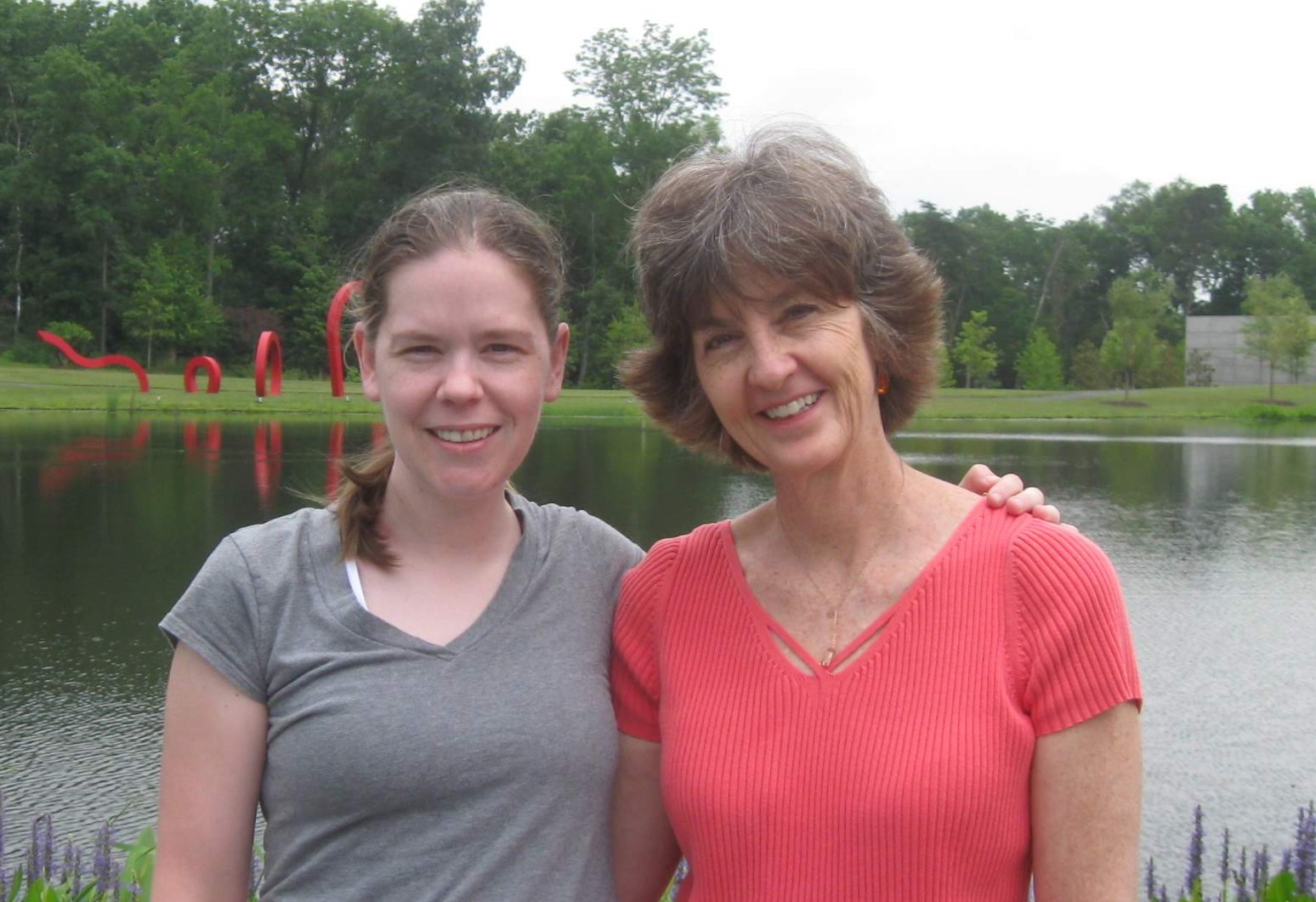Below is a summary of the abstract you submitted. Presenting author(s) is shown in bold.
If any changes need to be made, you can modify the abstract or change the authors.
You can also download a .docx version of this abstract.
If there are any problems, please email Dan at dar78@pitt.edu and he'll take care of them!
This abstract was last modified on May 19, 2021 at 6:52 p.m..

During the ’20-21 academic year, the University of Colorado Boulder offered seven phage lab sections each semester (enrollment 18 students ea.) in a hybrid format to accommodate university requirements for teaching during the pandemic. Students worked in two person teams (student A and student B). During the first two hour lab period of the week, student A attended in-person lab, conducted the team’s experiment, and wrote their notes and results in an online lab notebook shared with the student team, the course instructors, and teaching assistants. During the second two hour lab period of the week, student B reviewed student A’s lab notebook, recorded the results from student A’s experiment and continued with the next experiment. During the class period when a student did not attend in-person classes, they attended a remote recitation run by the instructor and undergraduate assistants. In this recitation, students reviewed experimental procedures and completed data analysis activities where they observed and analyzed data that were similar to the data from the experiments they were currently conducting in the lab. These activities included common misinterpreted results and mistakes that the students have made in previous years. The semester culminated with each student writing a research paper about their phage experiments and presenting a video poster at a department wide virtual CURE symposium. Students viewed posters from other CURE classes and asked questions via a comment board for each poster, which were answered by poster presenters. Each CURE class also presented one talk at a synchronous talk session. Although the phage lab was taught in a hybrid format, we were able to include all the aspects of the in-person experience in a modified way. Feedback from anonymous faculty course questionnaires indicated that many students had a positive experience in the course and thought the recitations provided more context to their experiments. Other students found the two hour zoom format challenging to stay engaged and were grateful for the time they could be in the in-person lab. Over 101 phages were isolated by students during the academic year and the average number of students applying to be undergraduate assistants for the next semester of the phage course increased over previous years.

